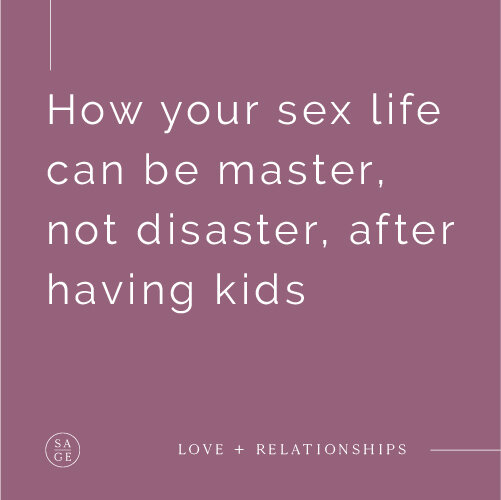What's emotion got to do with it?
Have you ever been told, “just calm down” when you’re in the midst of conflict or combat with your partner?! I definitely have. And as soon as those words left his lips, my ability to ‘calm down’ went pretty much out the window!! I’ll be honest, I definitely would describe myself as a “fiery” person. And that passion can be wonderful, but it can also burn those closest to me if I don’t manage it properly. So, I have sought to understand and to manage that part of me. And funnily enough, emotion is central to the understanding and treatment of relationships.
The research
Over 30 years of longitudinal research Gottman and Levenson uncovered that the nature of emotional interaction in couples predicts what happens in a relationship! And that makes complete sense. Think about it, when you get really angry - when you’re in a state of alarm and defense (which the guru’s term “diffuse physiological arousal”) are you able to really take in what your partner is saying? Can you listen effectively? Can you empathize? Are you rational? The answer, in all cases is a resounding ‘no!’. When we are in an autonomically aroused state we cannot process information or engage in a meaningful way. Now imagine if this state is being activated in a relationship all the time. You can see that the health of the relationship is going to be poor. Thus, one of the most important things that couples can do in conflict management is to moderate physiological arousal.
Sounds simple right? Stay calm and conflict escalation is less likely to happen and the odds of your relationship being long-lasting and happy increase. How do you do that though?
Research shows us that whilst down-regulating negative affect and remaining calm are important, building positive affect and perspective both during conflict and in general is an essential component in ensuring lasting change.
How can we work to see our partner in a more positive way?
1 | Let them influence you.
The Gottmans really emphasize the importance of letting your partner influence you. For example, when we have seemingly irresolvable problems in our relationships, we can either choose to hold that against our partner or learn to accept that there are some things that we cannot change. In other words, when you learn to accept your partner, you are learning to accept their influence.
There is even a mini quiz that you can do to see how well you accept your partner’s influence:
I. “I am interested in my partner’s opinions on issues in our relationship” - T / F
II. “I don’t try to convince my partner to see things my way all the time” - T/F
III. “I don’t reject my partner’s opinions every time we argue” - T/F
IV. “I believe my partner has important things to say and value them” - T/F
V. “I believe we are partners with equal say in our relationship” - T/F
Now if you answered “true” to all of the above, congratulations, you accept your partners influence!
2 | Increase your fondness and admiration
Another important step in helping to create and maintain a positive perspective of your partner is to increase your fondness and admiration for them. A simple way that you can do this is by setting yourself the goal of telling them one thing per day that you appreciate about them or about something that they did. Allow them to see how much you appreciate and value them. Give them an insight into what they are adding to your life.
3 | Turn towards one another
Another way you can keep your relationship on the positive trajectory is to “turn towards” one another with ‘bids’ for emotional connection (see our blog, “how to build an emotional bank account - investing in your relationship” for more on this topic). A really easy way you can do this is through small gestures — ask one another open-ended questions (e.g. “What are you excited about right now?” and make sure you listen to the response with interest), put a hand on their back, validate their perspective. It’s all about tiny turns towards one another to help increase closeness.
4 | Repair early
All couples argue, but the happiest ones argue well. If you’ve been unable to avoid conflict, make sure you repair as early as possible. When we repair it’s important to start by revealing vulnerable feelings, e.g. “I’ve taken you for granted …”, “I haven’t asked for what I needed lately”. It’s crucial to sound genuine and to look sincere when you offer this repair. Try to remember that “I didn’t mean to” won’t make your partner feel better - empathy and understanding will.











